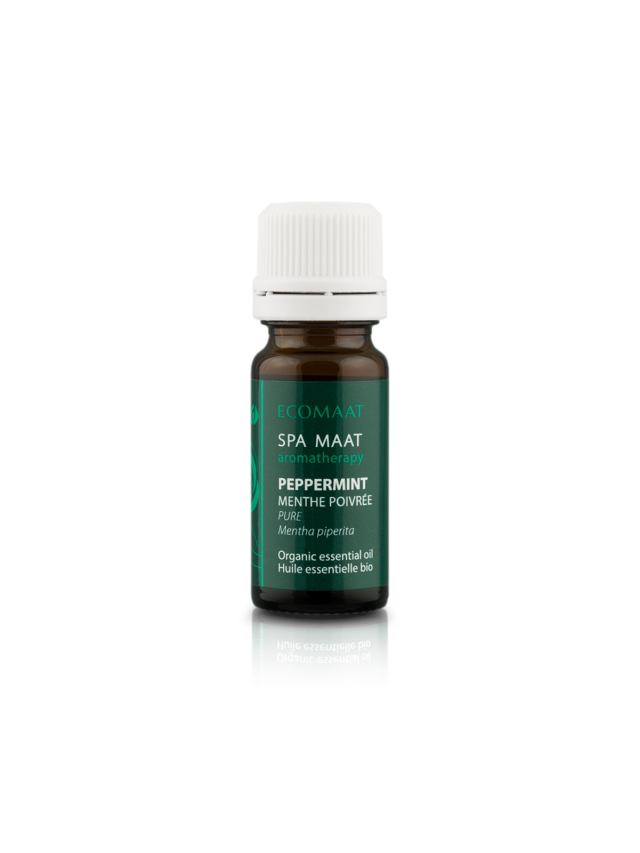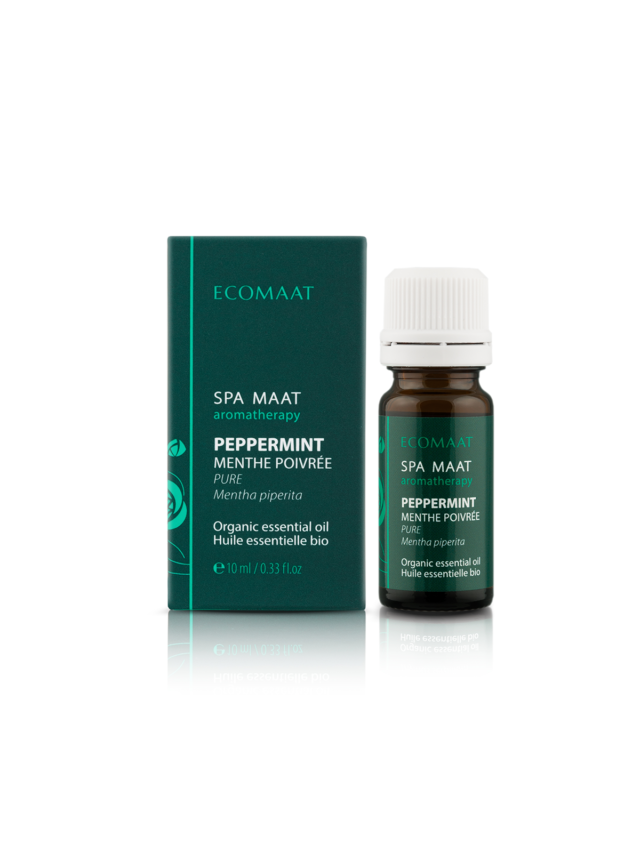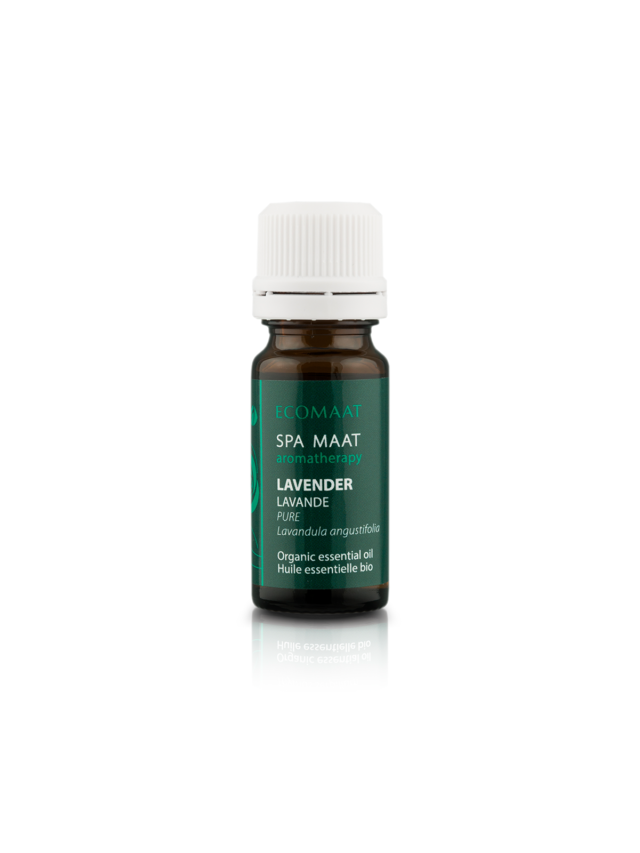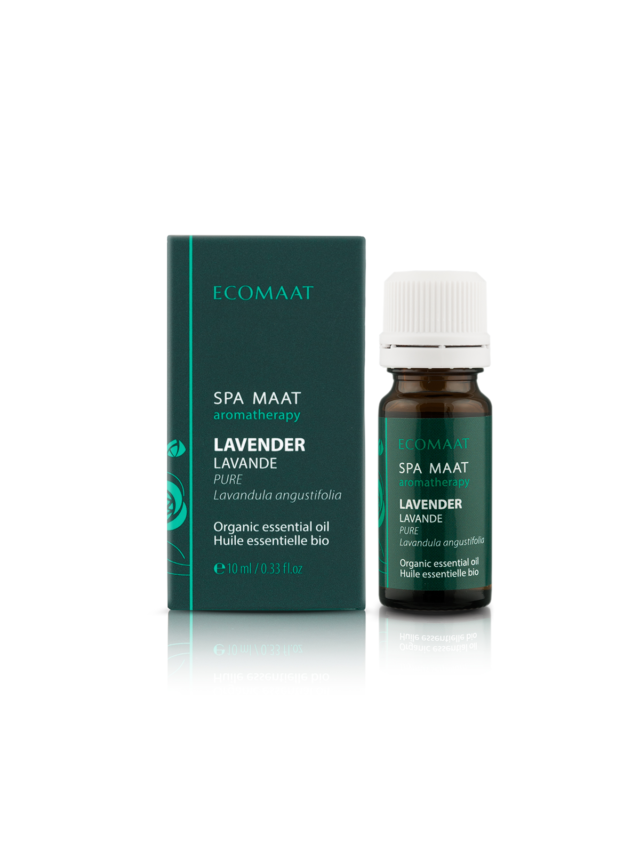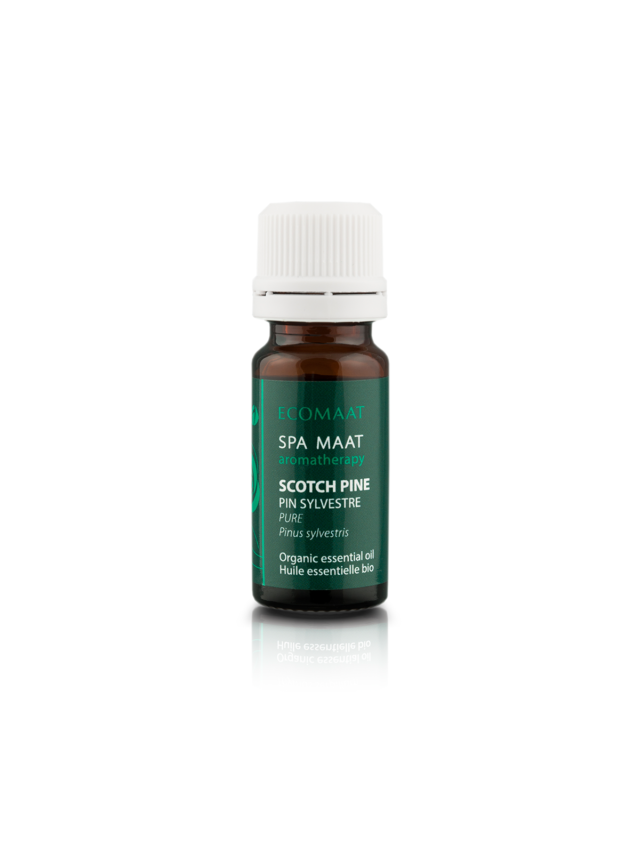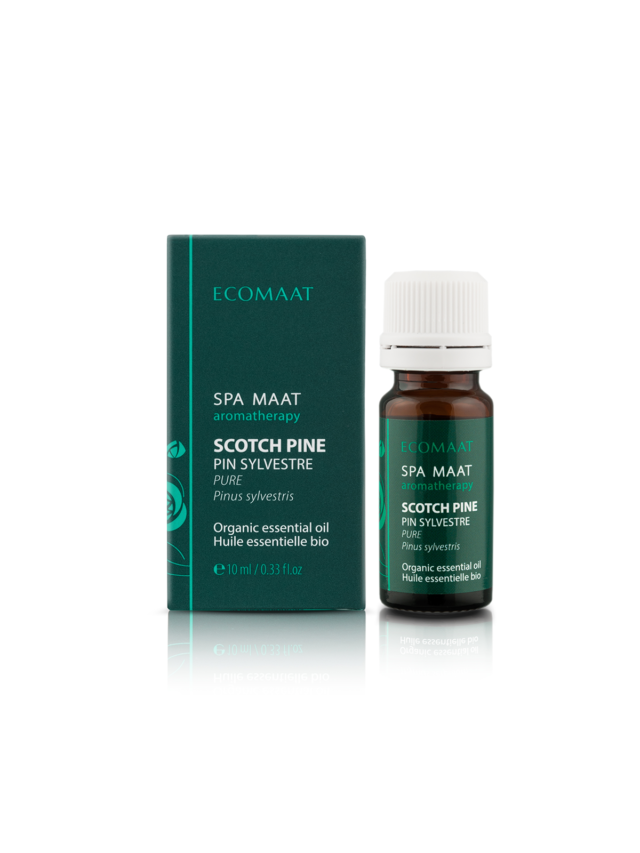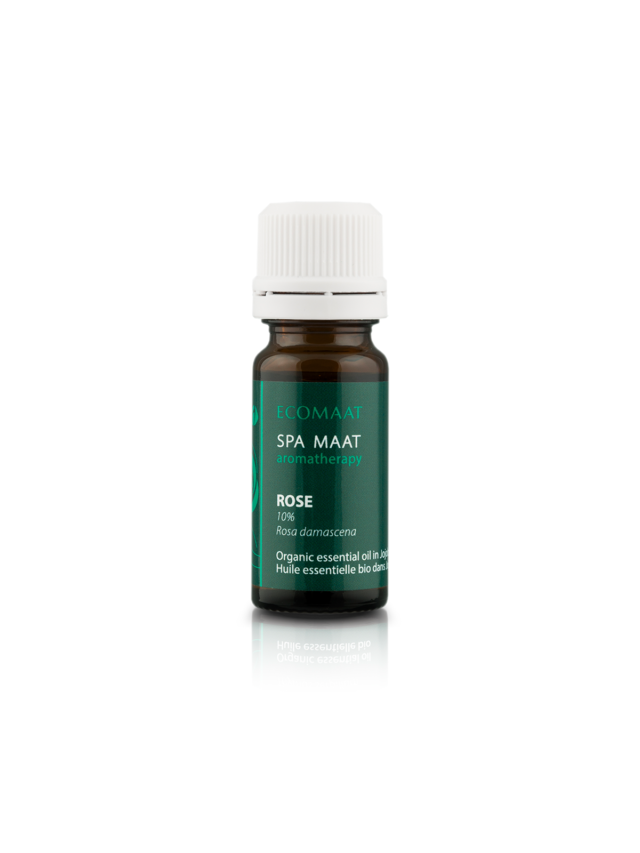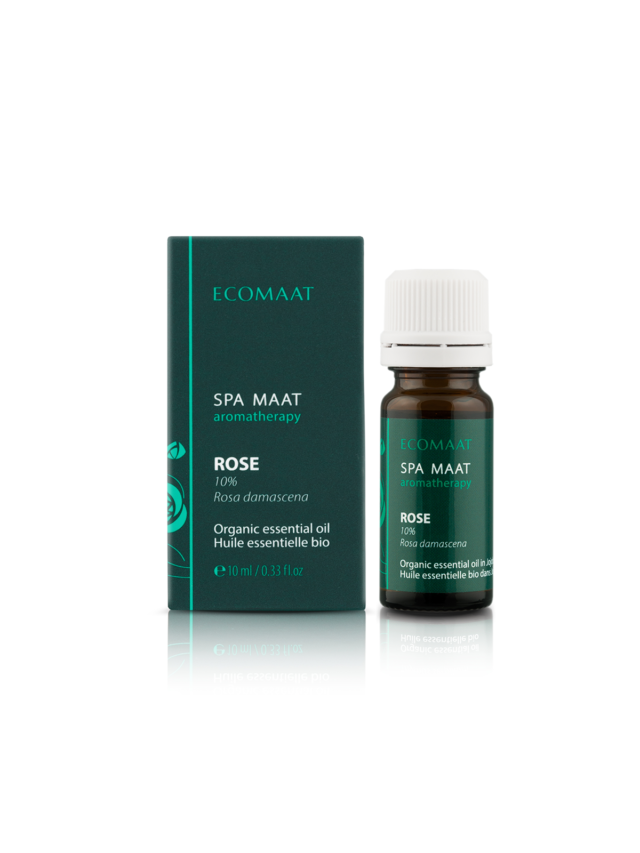
How to Improve Attention, Memory, and Concentration through Aromatherapy
Since ancient times, the aromas of herbs and flowers have been used for their effects on both the physical level and our emotions, behaviour, and moods. The way our brain perceives and processes smells is complex, and much of it is still to be discovered. However, what scientists have proven is that inhaling aromas affects our emotions and memories. This is due to the direct connection the olfactory system has with the limbic system.
Adding pleasant natural aromas to our living environment can trigger olfactory associations and desired changes in our mood – helping us to calm down and relax or recharge with energy and improve our concentration. We will briefly explore how aromas stimulate the brain and how we can enhance our memory and focus with essential oils.
How does the scent reach the brain?
Our sense of smell is estimated to be 10,000 times more potent than our other senses. Once registered, the scent reaches the brain faster than sight or sound.
Aromatic molecules are volatile, meaning they spread quickly, and we can inhale them with the air we breathe.
When the molecules reach the cilia in our nose, olfactory cells produce a nerve impulse that rapidly reaches the limbic system. The limbic system is one of the key parts of the brain involved in fundamental functions of the nervous system, including emotions, behavior, motivation, long-term and short-term memory, self-preservation instincts, and more. Scientists believe that the activity of nerve signals passing through this region triggers changes in mood by altering the brain’s chemistry.
The nerve impulse ultimately passes beyond the limbic system to the olfactory cortex, located at the back of the brain. It is here that the aroma is finally recognized, but by this time, the mind and body have already reacted to it.
When inhaled through the nose, aromatic molecules from essential oils are registered by the brain and pass directly into the bloodstream through the lungs. The positive impact on the human body occurs faster compared to ingesting internal medication or tinctures.
It is precisely this instantaneous effect that allows us to improve behavior, mood, and overall health.
How does inhaling essential oils affect the brain?
Essential oils are highly concentrated plant extracts with proven therapeutic properties. The differences in their aroma are due to the different compounds in their composition. The molecules that create the scent of a rose are different from those of lavender or pine needles. When inhaled, these active compounds affect the receptors of the olfactory analyzer, resulting in specific reactions. Olfactory stimulation leads to immediate changes in basic physiological parameters such as blood pressure, muscle tension, pupil dilation, skin temperature, pulse, and brain activity. Therefore, essential oils can be described as plant aromatic bioregulators.
Safe use of essential oils
Because of the direct influence that essential oils have on the entire body and its functions, for our safety and optimal therapeutic effect, it is essential to ensure that we use completely natural aromas without artificial ingredients, produced by certified suppliers.
The most common way to inhale essential oils is through a diffuser or aroma lamp. The correct concentration of essential oils and their dilution according to the manufacturer’s instructions are important factors for safety. Pay special attention to using the oils during pregnancy, breastfeeding, and with young children – follow the product instructions and recommendations of specialists.
When diffusing essential oils, be cautious with pets, as strong smells can be harmful to them.
5 Essential Oils for Stimulating Mental Activity, Improving Memory, and Concentration
We present several essential oils that enhance the brain’s ability to store and retrieve information, maintain sharpness and alertness. These oils can also help you regain focus while performing routine tasks and overcome mental fatigue.
Peppermint Essential Oil
Peppermint is among the oils with proven general toning and energizing effects. The essential oil and its main compound, menthol, exhibit antiseptic and analgesic anti-inflammatory activity. It helps alleviate headaches, muscle pain, and stomach discomfort. It has been found that this oil enhances cognitive abilities by improving blood circulation to the brain. It reduces the number of errors during work and increases short-term memory capacity. It is used to correct nervous-emotional tension.
For an invigorating start to the day, inhale the refreshing aroma of peppermint immediately after waking up. This boosts brain activity and makes us feel energetic for the tasks ahead. Apply the oil when you want to be focused for an upcoming exam to aid in recalling information.
Enjoy the minty scent by placing 7-8 drops in a diffuser in a 15-20 sq.m. area to refresh the air. For immediate invigoration, drop 1-2 drops on a tissue and inhale.
Lavender Essential Oil
Lavender oil is known for its calming properties – it helps with insomnia, anxiety, and headaches. Lavender has a stabilizing effect on the nervous system and helps alleviate fatigue, manic-depressive states, and avoidance of conflicts. It is effective in stimulating intellectual activity.
A calm mind clears thoughts, allowing us to be more focused on our tasks. Inhale lavender before a stressful meeting when you want to overcome your anxiety and be focused on important matters. For this, apply 1 drop of the oil on your palms, rub them together, and massage the temples, forehead, points behind the ears, the center of the chest, and the knee and elbow creases.
For room aromatization, place 7-8 drops in a diffuser in a 15-20 sq.m. area.
Scotch Pine Essential Oil
The scent of green pine needles and cones, concentrated in the essential oil of Scotch Pine (Pinus Sylvestris), will energize you with freshness. The pinenes (α and β-Pinene) are the active compounds that give the oil its fresh resinous-balsamic scent. Together with limonene and other components, they provide the oil’s antiseptic properties. The aroma has a positive effect on the respiratory system, normalizing its activity.
The energy of Scotch Pine essential oil invigorates, restores psycho-emotional balance, and helps us cope with stressful situations.
Apply 7-8 drops in a diffuser in a 15-20 sq.m. area for disinfection and air purification, and as a stimulating mental activity agent. For immediate refreshment, inhale directly from the bottle or a tissue with 1-2 drops.
Bulgarian Rose Essential Oil
Rose oil contains hundreds of ingredients, but its main components are citronellol and geraniol. Powerful antioxidants, they actively counteract damage from free radicals.
The scent of Bulgarian rose oil has a neuroprotective and anti-stress effect – reducing stress hormones. It tones and improves concentration and performance. It affects the overall emotional state and uplifts the mood. It optimizes behavioral and psychological symptoms in adults.
Ecomaat’s rose oil is a 10% solution in jojoba and therefore not recommended for use in diffusers or aroma lamps and inhalations. It is suitable for direct inhalation and application to pulse points – wrists, the back of the ear, the base of the neck, the center of the chest, and the knee and elbow creases.
Referring source:
https://www.aromatherapyassociates.com/how-does-aromatherapy-work-on-the-brain
In case you have any questions about the products and how to use them – we will be happy to answer at hello@ecomaat.eu or on our FB page.


